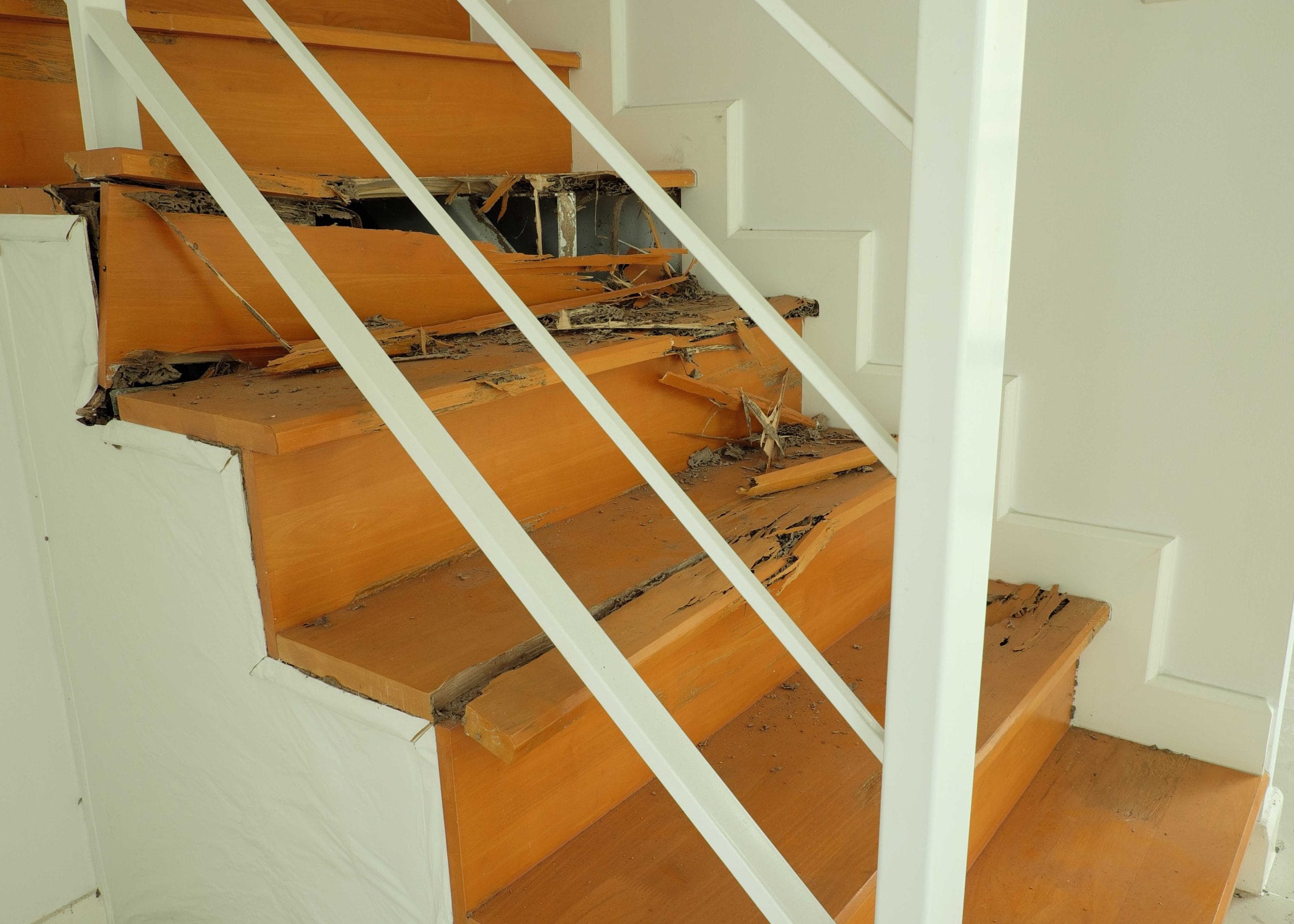Specialized experts in termite removal in West Des Moines
Protect Your Home from the Silent Invader: Termite Control
What are Termites?
Termites are social insects that can cause extensive damage to wooden structures, including your home. They are highly secretive and often go undetected until significant damage has occurred. It is crucial to take prompt action to protect your property from these relentless pests.
Signs of Termite Infestation
- Mud tubes on walls or foundations
- Hollow-sounding wood
- Buckling or sagging floors
- Damaged or perforated wood
- Swarmers (flying termites) near your home
Professional Termite Control
If you suspect a termite infestation, do not delay in contacting a reputable pest control professional. Our team of certified technicians has the expertise and resources to provide comprehensive termite control services.
Our Termite Control Services
- Inspection: We conduct a thorough inspection of your property to identify any active or potential termite activity.
- Treatment: We utilize advanced termite treatment methods to eliminate existing infestations and prevent future ones.
- Monitoring: We provide ongoing monitoring to ensure the effectiveness of our treatment and the long-term protection of your home.
Benefits of Professional Termite Control
- Protects your home from costly structural damage
- Eliminates the threat to your health and safety
- Provides peace of mind knowing your property is secure
- Increases the value of your home by eliminating potential future damage
Contact Us Today
- Don’t let termites silently destroy your home. Contact our team of termite control experts today. We are committed to providing prompt, effective, and affordable services to safeguard your property from these destructive pests.

Get your fast, local termite control estimate
1. Call our team or complete our estimate form to schedule a termite inspection
Our calls and form completions are completely free to you. You will only be charged if you decide to work with one of our professional pest control service experts. Our termite removal contractors have years of experience and are knowledgeable in identifying and treating termite infestations. You can feel confident that your home will be in great hands with one of our network professionals.
2. Connect with a local West Des Moines, Iowa termite removal expert
Completing our form is a great option if you’re busy and want someone to get back to you at a later time. A call will connect you with a termite removal professional quicker. Receive your competitive estimate; often, you can receive an estimate right on the phone call, and sometimes a little more discovery is involved, and the termite removal expert might want to do some basic inspections before giving the estimate.
3. Don’t wait until it’s too late to protect your home from termites
Contact our network now to schedule a termite inspection and take the necessary steps to prevent and eliminate termite infestations. With our quality service and competitive prices, you can trust that your home is in good hands. Protect your home and your investment with professional termite removal services in West Des Moines.